Rayovac High Energy Alkaline, D Batteries, 12 Count
These D Alkaline Batteries are best for high use gadgets along with toys, flashlights, stereos and extra. Plus, they?re designed to prevent unfavourable battery leaks and tested two times prior to shipment to make sure reliability. Rayovac High Energy D Alkaline Batteries are long lasting, assured ? plain and easy or your money returned*. *Money Back Performance Guarantee: Visit www.RAYOVAC.com/MBG for info.

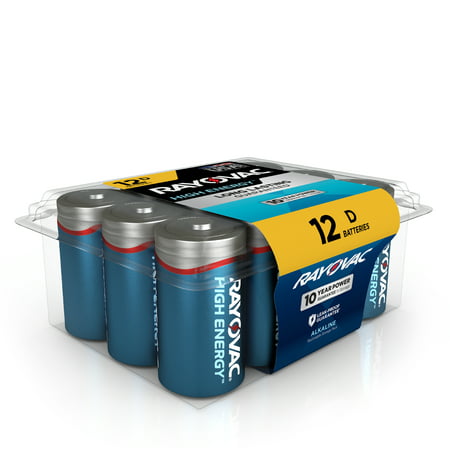
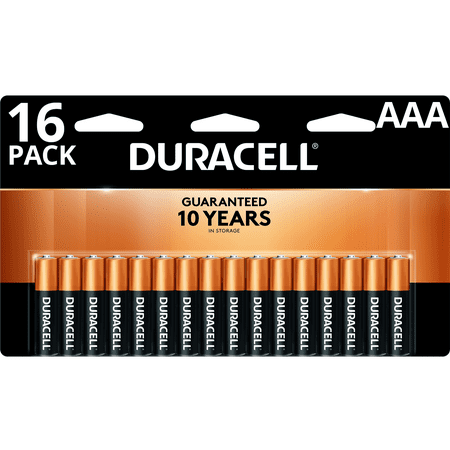
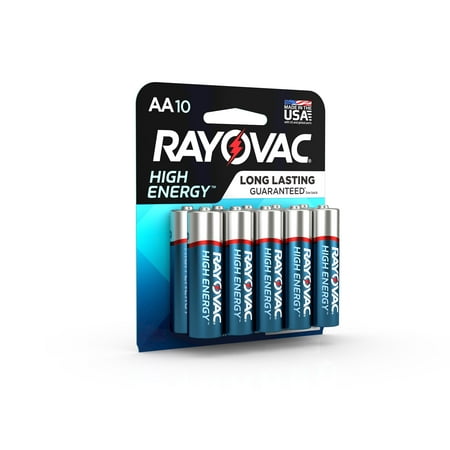
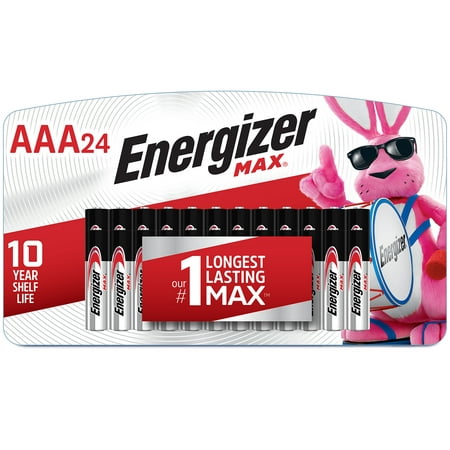
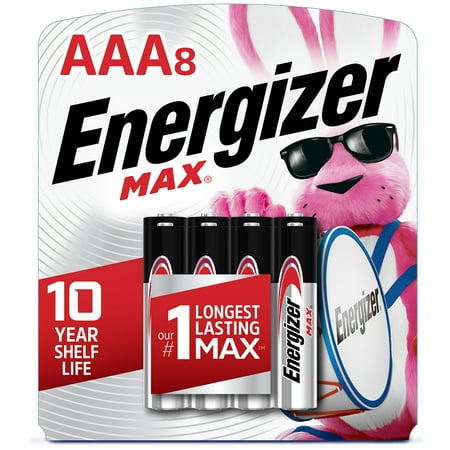









Reviews
There are no reviews yet.